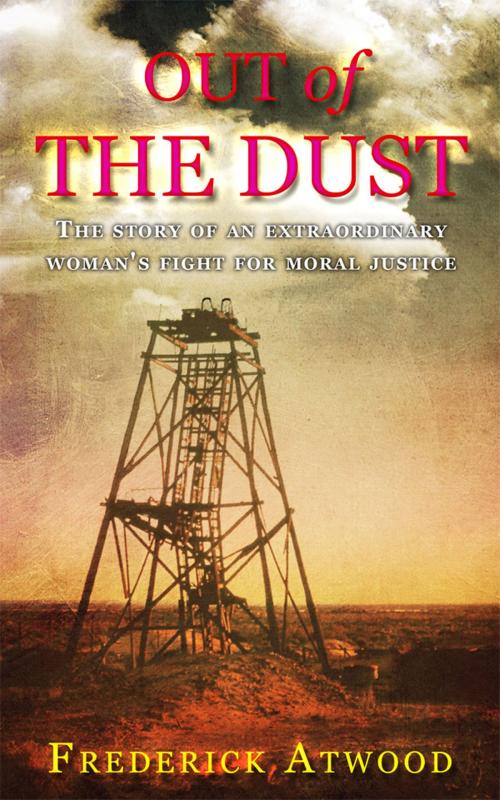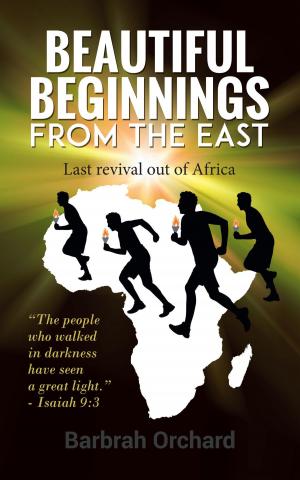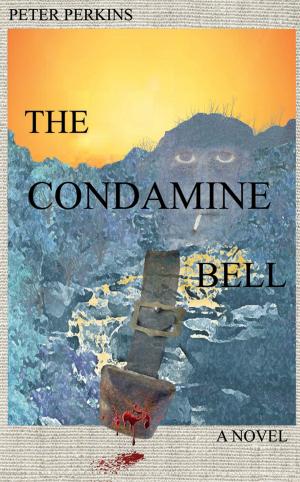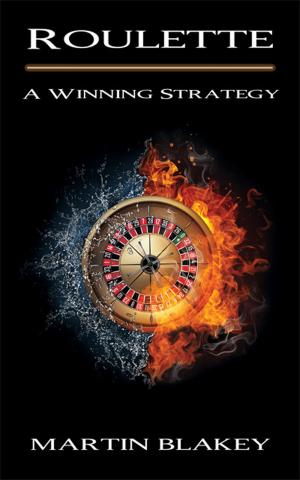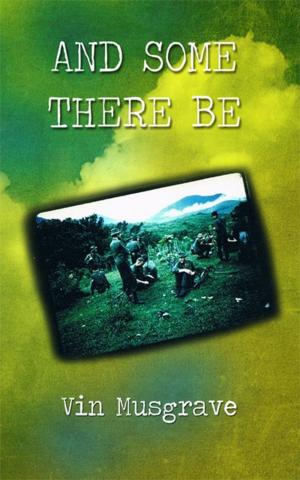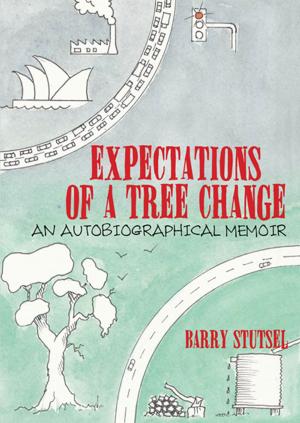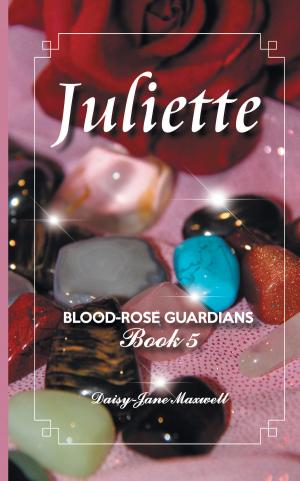| Author: | Frederick Atwood | ISBN: | 9781742843957 |
| Publisher: | ReadOnTime BV | Publication: | December 16, 2013 |
| Imprint: | Smashwords Edition | Language: | English |
| Author: | Frederick Atwood |
| ISBN: | 9781742843957 |
| Publisher: | ReadOnTime BV |
| Publication: | December 16, 2013 |
| Imprint: | Smashwords Edition |
| Language: | English |
The 1800's, was a time when a woman was expected to conform to the expectations of a male dominated society. Courtship was followed by marriage and a life dictated to by the whims of her husband, the raising of countless children and dependency on his financial acumen. For those brought up in those times, the thought of a woman being financially independent was the cause of gossip and innuendo. Idle speculation as to how they had managed to achieve such status, without a man in their lives, enlivened many a high tea and soiree. Annie Talbot was one such woman, she broke the bounds of conformity, her character shaped and moulded by confronting and overcoming tragedy and adversity. Her financial well being was now secure, she being co-owner of a large department store. As a mature and beautiful woman in her late thirties, she is the envy of women and desired by men. She journeys back to the Goldfields, searching for something missing from her life, she is not sure what it is, until an old newspaper friend suggests she write some articles, sketching out life on the Goldfields. It kindles her interest in journalism, leading to her selection as the first woman Correspondent from Australia, to be sent to South Africa, to write articles about the Boer War. She survives the horrors of the siege of Ladysmith and a chance meeting with a prominent Boer Officer, appraises her of the British concentration camps, designed to bring the Boers to heel. She is morally outraged and pledges to do all in her power to end the savage incarceration of Boer women and children. This is the story of an extraordinary woman's fight for moral justice. During my research on the book, it was disturbing to learn about the concentration camps set up by the British to incarcerate thousands and thousands of Boer women, children and old men. It was an attempt to bring to an end to a war which was causing much political tension at home. It was one of the sorriest chapters in British history. More than 27,000 perished in the death camps. Just before WWII, the German Foreign Minister to England, when tackled on the issue of the Nazi Concentration camps, gleefully replied, 'We got the idea from you.'
The 1800's, was a time when a woman was expected to conform to the expectations of a male dominated society. Courtship was followed by marriage and a life dictated to by the whims of her husband, the raising of countless children and dependency on his financial acumen. For those brought up in those times, the thought of a woman being financially independent was the cause of gossip and innuendo. Idle speculation as to how they had managed to achieve such status, without a man in their lives, enlivened many a high tea and soiree. Annie Talbot was one such woman, she broke the bounds of conformity, her character shaped and moulded by confronting and overcoming tragedy and adversity. Her financial well being was now secure, she being co-owner of a large department store. As a mature and beautiful woman in her late thirties, she is the envy of women and desired by men. She journeys back to the Goldfields, searching for something missing from her life, she is not sure what it is, until an old newspaper friend suggests she write some articles, sketching out life on the Goldfields. It kindles her interest in journalism, leading to her selection as the first woman Correspondent from Australia, to be sent to South Africa, to write articles about the Boer War. She survives the horrors of the siege of Ladysmith and a chance meeting with a prominent Boer Officer, appraises her of the British concentration camps, designed to bring the Boers to heel. She is morally outraged and pledges to do all in her power to end the savage incarceration of Boer women and children. This is the story of an extraordinary woman's fight for moral justice. During my research on the book, it was disturbing to learn about the concentration camps set up by the British to incarcerate thousands and thousands of Boer women, children and old men. It was an attempt to bring to an end to a war which was causing much political tension at home. It was one of the sorriest chapters in British history. More than 27,000 perished in the death camps. Just before WWII, the German Foreign Minister to England, when tackled on the issue of the Nazi Concentration camps, gleefully replied, 'We got the idea from you.'
